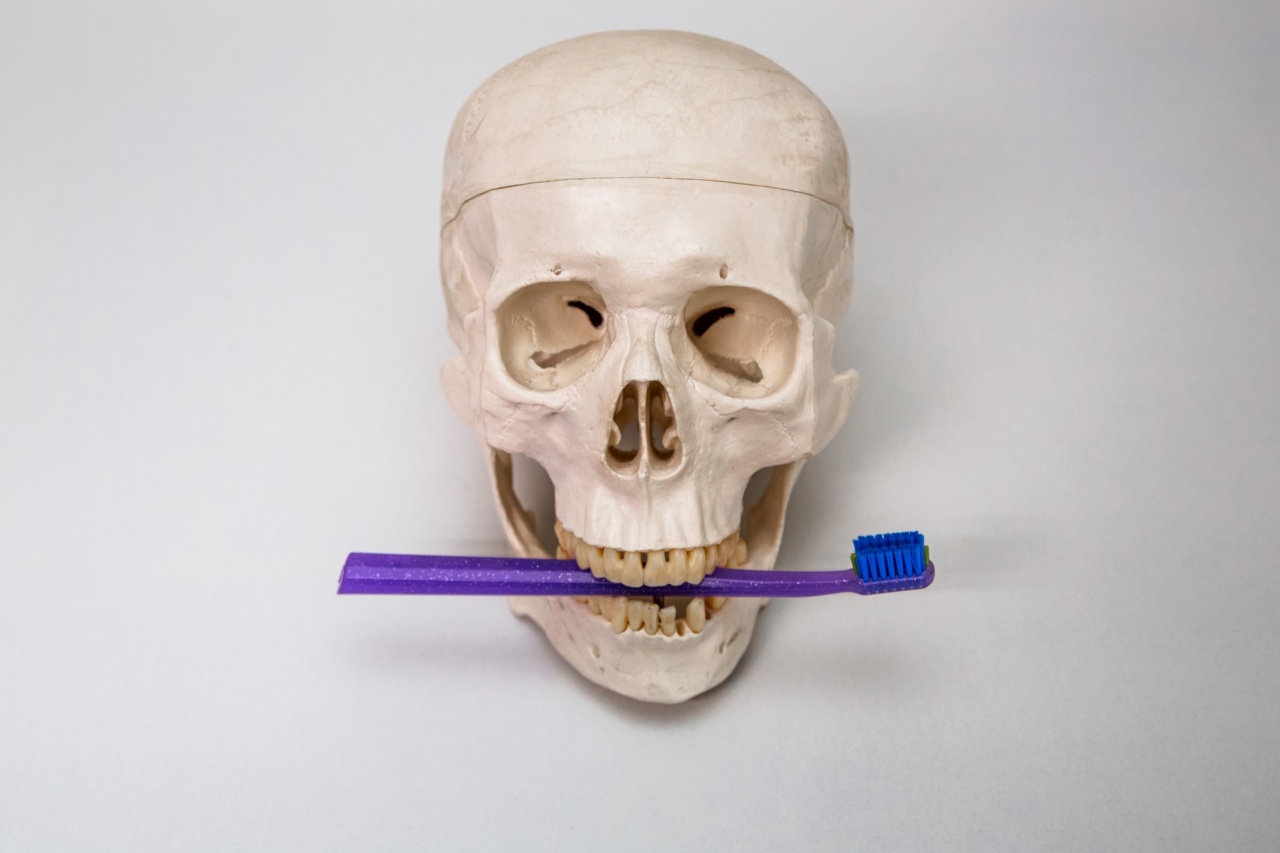Bone density is a vital aspect of overall health, as it determines the strength and structure of our bones. Maintaining healthy bone density is crucial, especially as we age, to prevent conditions such as osteoporosis.
Osteoporosis is a condition that weakens bones, making them more susceptible to fractures and breaks. However, the good news is that there are several effective ways to increase bone density and reduce the risk of osteoporosis. In this article, we will explore ten strategies that can help you maintain strong and healthy bones.
1. Consume Sufficient Calcium
Calcium is a primary building block of our bones, so it is crucial to get enough calcium in our diet.
Aim for a daily intake of approximately 1000-1200 milligrams of calcium, which can be obtained through dietary sources such as dairy products, leafy green vegetables, fortified plant-based milk, and calcium supplements if needed.
2. Get Adequate Vitamin D
Vitamin D plays a vital role in calcium absorption and bone health. Spend a few minutes in the sun each day to allow your body to produce vitamin D naturally.
Additionally, incorporate foods rich in vitamin D into your diet, including fatty fish like salmon and mackerel, egg yolks, and fortified dairy or plant-based milk.
3. Engage in Weight-Bearing Exercises
Weight-bearing exercises are activities that require your bones and muscles to support your body’s weight. These exercises include walking, jogging, dancing, and weightlifting.
Regular participation in weight-bearing exercises helps stimulate bone growth and increase bone density.
4. Include Strength Training
Strength training exercises are essential in promoting bone density. Using weights or resistance bands, perform exercises that target major muscle groups at least two to three times per week.
This type of exercise puts stress on the bones, which in turn helps strengthen them.
5. Quit Smoking
Smoking cigarettes can have detrimental effects on bone health. Studies have shown that long-term smoking contributes to lower bone density and a higher risk of fractures.
If you smoke, consider reaching out to your healthcare provider for assistance in quitting.
6. Limit Alcohol Consumption
Excessive alcohol intake can negatively impact bone health. Limit your alcohol consumption to moderate levels, which means no more than one drink per day for women and two drinks per day for men.
Be mindful that heavy drinking can lead to fragile and weak bones over time.
7. Increase Intake of Fruits and Vegetables
Fruits and vegetables are rich in antioxidants and other beneficial compounds that help protect bone health. A diet high in fruits and vegetables promotes overall well-being and provides essential nutrients that support healthy bones.
8. Ensure Sufficient Protein Intake
Protein is a building block for bones, muscles, and other tissues. Be sure to include adequate protein in your diet for optimal bone health. Good sources of protein include lean meats, poultry, fish, eggs, legumes, and dairy or plant-based alternatives.
9. Avoid Excessive Soda Consumption
Sodas and carbonated beverages, particularly those high in phosphoric acid, have been linked to decreased bone density. Limit your intake of these drinks and opt for healthier alternatives such as water, herbal tea, or natural fruit juices.
10. Get Regular Bone Density Checks
As part of preventive care, it is essential to stay proactive about your bone health. Consult with your healthcare provider to determine when and how often you should have bone density tests.
These tests help monitor changes in your bone density and detect any potential issues early on.
Conclusion
Increasing bone density and preventing osteoporosis are achievable through a combination of healthy lifestyle choices and proper nutrition.
By incorporating these ten strategies into your daily routine, you can significantly improve your bone health and reduce the risk of fractures and breaks. Remember, it’s never too early or too late to prioritize your bone health!.































